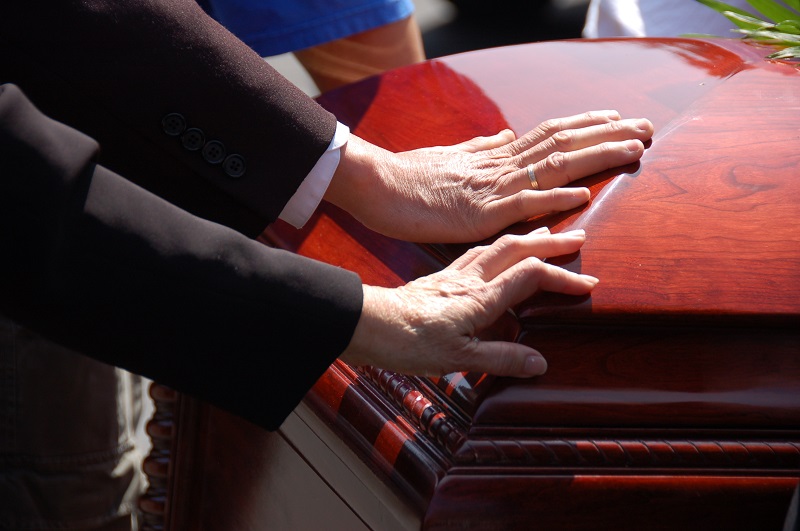The death of a loved one is a difficult, emotional situation that is even more painful when you suspect medical malpractice was the cause of death. In the state of Florida, an autopsy is not required in order to bring a wrongful death lawsuit; however, to have any hope of winning your claim, it is sometimes absolutely vital to have one.
Why an Autopsy Is Important
When a patient dies in a hospital, typically whatever the patient’s doctor signs off on as the cause of death is what will be accepted as truth, unless proven otherwise by an autopsy. Florida law does not require an autopsy to be conducted at this point unless the patient is young or if foul play was suspected.
In a wrongful death case, an attorney must be able to prove 2 important things:
- The death was preventable.
- The death was caused by negligence.
It is highly unlikely that any doctor is going to cite his own negligence as the cause of death. So if your loved one dies and the doctor cites natural causes, how do you get an autopsy to prove medical malpractice was to blame?
“Do your best to convince the medical examiner to do an autopsy,” says medical malpractice wrongful death attorney Lisa Levine. “If you can’t convince the ME, then you have a very short amount of time to make a decision on whether to pay for a private autopsy, which can run $5,000 to $7,000.”
What Will An Autopsy Prove?
At the law offices of Lisa Levine, we often hear from clients who are unsure of whether they can bring a wrongful death case. Recently, we received a call from a widow whose husband had died. The gentleman had leukemia and was in the hospital; however, his leukemia had been under control. While in the hospital, the patient was overmedicated and his heart stopped.
The death certificate said nothing about the patient being overmedicated, and his cause of death was cited as leukemia. An autopsy would have been able to show definitively how much medication was in his system at the time of death and that it was the cause of death. If the medical professional negligently prescribed this medication, this may be the evidence you need to win in court.
An autopsy can show whether a patient was issued the wrong medication or an inaccurate dosage of a medication. There may have been cuts, bruises or other signs of trauma; there may have been internal injuries or illnesses that were missed or misdiagnosed. In short, it gives you scientific evidence of how and why the patient died – if it truly is from natural causes or because of medical malpractice, or even if it was foul play.
What Should You Do When A Loved One Dies?
In the hospital, even if you request an autopsy and are willing and able to pay for it, the hospital will often do everything it can do dissuade you from it. Don’t let them. The hospital administrators need to protect their bottom line and the hospital’s reputation. You need someone to help you fight for your family.
Lisa Levine is here to help you protect your family’s legal rights and bring to light what happened to your loved one. Lisa specializes in medical malpractice wrongful death claims and has significant experience in helping families fight for justice and due compensation when a loved one has died as a result of negligence.
Call 954-256-1820 today to schedule a free consultation and get the help you need to move forward.

